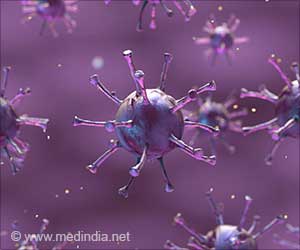
COVID-19 Statistics
- The pandemic killed nearly 7 million people worldwide
- In the United States, COVID-19 vaccination prevented more than 18 million additional hospitalizations
‘Early antiviral treatment inhibits severe COVID-19, it does not avert the necessity for vaccination or boosters to promote immunity. ’
Tweet it Now
Paxlovid was among the first drugs developed and tested to treat COVID-19, and quickly became a go-to medication, often prescribed when symptoms first appeared and intended to reduce the likelihood of severe disease, hospitalization or death.
Paxlovid Treatment for COVID-19
But Paxlovid proved poor insurance against recurrence of COVID-19 or subsequent re-infection.In June 2022, senior author Davey Smith, MD, chief of Infectious Diseases and Global Public Health at UC San Diego School of Medicine and an infectious disease specialist at UC San Diego Health, Carlin and colleagues published data suggesting the so-called “Paxlovid rebound” was likely due to insufficient drug exposure.
In October 2022, Smith and colleagues published a different study that documented the likelihood of COVID-19 symptoms recurring in untreated patients after initial symptoms had disappeared.
“The findings also highlight the importance of ongoing research and the need for continued efforts to understand the virus and develop effective treatments and vaccines. The past is prologue, not because the virus is the same, but because it is constantly changing, so we must evolve as well to meet the threat and anticipate the next pandemic.”
Co-authors include: Alex E. Clark, Aaron F. Garretson, William Bray, Magali Porrachia, Tariq M. Rana and Antoine Chaillon, all at UC San Diego; and AsherLev T. Santos, CSU San Marcos.
Advertisement












